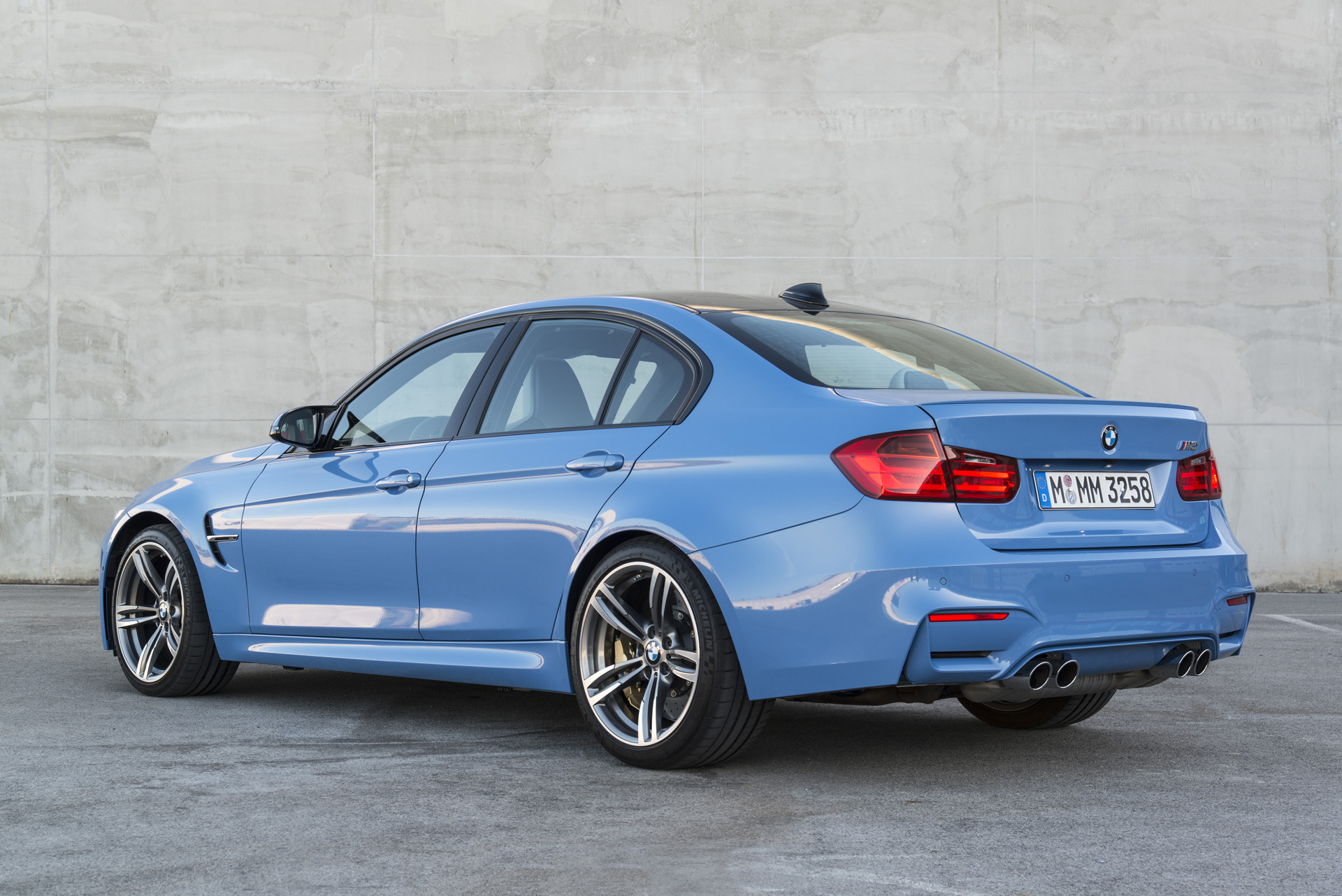There’s a lot of moving parts that make a high-performance vehicle go as fast and drive as hard as it’s meant to. One of them, suffice it to say, is the driveshaft actually, you know… staying attached. But BMW’s encountered a little trouble with that on some of its most popular M cars, so it’s had to issue a recall.
According to the National Highway Traffic Safety Administration, “The connection between the driveshaft and the flange may fail” on certain M3s and M4s, “resulting in a loss of propulsion.”
The problem was narrowed down to 2,661 examples of the 2016-17 BMW M3 and M4 – including sedans, coupes, convertibles, and even M4 GTS coupes – produced between March 2 and September 30, 2016. Of those, the vast majority (1,456 units) are M3 sedans, with another 936 of them being M4 sedans and 269 more M4 convertibles, which gives you an idea of the relative numbers that BMW sells of these vehicles.
Apparently those units may have been equipped with driveshaft flanges that don’t stand up in the long term as well as they should. Fixing it will require replacing the driveshaft altogether, which can’t be a simple task to undertake… or a cheap one, for that matter. But apparently it needs to be done.
The recall campaign is scheduled to start on December 3, so owners of the affected M cars ought to receive notice by then if their vehicles will need to be brought in. And those who’ve already paid out of pocket to have those driveshafts replaced will be reimbursed for the expense.
Fortunately, while reports of those driveshafts separating in real-world conditions are what prompted the Bavarian automaker to investigate the problem, the manufacturer says it is unaware of any accidents or injuries to have resulted.















